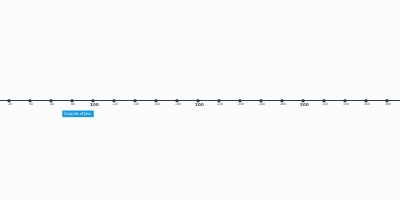Age of Discovery (26 mar 1419 año – 16 abr 1743 año)
Descripción:
Global exploration started with the Portuguese discoveries of the Atlantic archipelagos of Madeira and the Azores, the coast of Africa, and the discovery of the sea route to India in 1498; and the Crown of Castile (Spain) the trans-Atlantic Voyages of Christopher Columbus to the Americas between 1492 and 1502 and the first circumnavigation of the globe in 1519–1522. These discoveries led to numerous naval expeditions across the Atlantic, Indian and Pacific oceans, and land expeditions in the Americas, Asia, Africa and Australia that continued into the late 19th century, and ended with the exploration of the polar regions in the 20th century.European overseas exploration led to the rise of global trade and the European colonial empires, with the contact between the Old World (Europe, Asia and Africa) and the New World (the Americas and Australia) producing the Columbian Exchange; a wide transfer of plants, animals, food, human populations (including slaves), communicable diseases and culture between the Eastern and Western Hemispheres. This represented one of the most-significant global events concerning ecology, agriculture and culture in history. The Age of Discovery and later European exploration allowed the global mapping of the world, resulting in a new world-view and distant civilizations coming into contact, but also led to the propagation of diseases that decimated populations not previously in contact with Eurasia and Africa and to the enslavement, exploitation, military conquest and economic dominance by Europe and its colonies over native populations. It also allowed for the expansion of Christianity throughout the world: with the spread of missionary activity, it eventually became the world's largest religion.[1][2]
Añadido al timeline:
fecha:
26 mar 1419 año
16 abr 1743 año
~ 324 years
